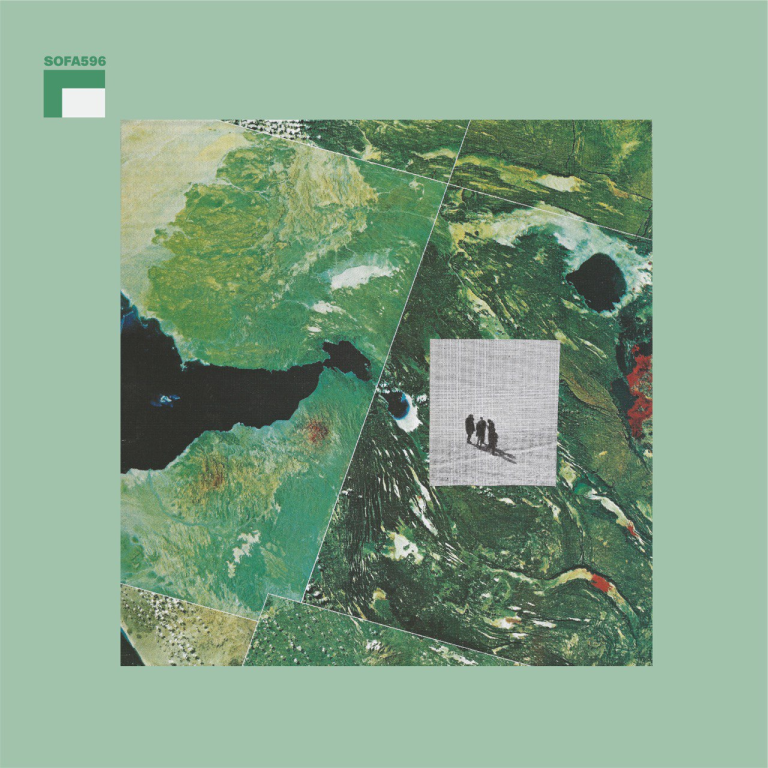
Out Of The Playground
SOFA Music is proud to add the powerhouse flutist Alessandra Rombolà to its ranks with Out of the Playground, documenting Rombolà’s latest commissions and collaborations for solo flute and electronics with composers Daniela Terranova, Jan Martin Smørdal, Ingar Zach, and Lasse Marhaug. The album’s five contributions, drawing on Rombolà’s polyvalent musical background, are united in their mission to venture “out of the playground” of scenes and genres, as Rombolà puts it. Across these incisive, exploratory works, Rombolà’s impassioned performances convey fresh visions of freedom and discovery.
Opening the album is the Norwegian composer Jan Martin Smørdal (b. 1978)’s Répétitions II, followed later by Répétitions I (both 2020). These works enlist the addcoder—an audio device, developed by the composer in collaboration with the Norwegian Center for Art and Technology (Notam), that can simultaneously record, amplify, and play back—in two studies of iteration. The flutist begins both with a phrase that, through the addcoder, she is to try and repeat exactly. The device layers these attempts, and, in time, wrangles an avalanche of iterations. In character, the two Répétitions are diametric—the first languid, the second practically carbonated, built on a short, effervescent phrase that Rombolà improvised during a technical mishap. These “sonic sculptures,” as Smørdal describes them, grow their contours from minute variations; in the slight space from one iteration to the next, there is a portal.
The Ring (2018), co-written with the Norwegian percussionist and composer Ingar Zach (b.1971), was inspired by the collaborators’ interest in circular time. Rombolà performs the first half on bass flute in dialogue with Zach’s tape material, comprising small percussive cells that Rombolà recorded on bass flute. Electronic chords soon suffuse the space, adorned by a sparse filigree of piccolo. For Rombolà, Zach’s slow-moving electronics, countered by Rombolà’s more impetuous playing, achieves The Ring’s ethereal sense of balance.
In the Italian composer Daniela Terranova (b. 1977)’s Breathing Rust and Clouds (2019), a fury of percussive techniques brokers the emergence of high, frail fragments. The sole work on the album without electronics, Breathing rust and clouds nevertheless offers a companionable tour through timbral possibilities, resulting from Rombolà’s request that the composer draw upon her previous tactile writing for strings.
To chart the sonic territories of Our Forbidden Land (2022), Norwegian composer Lasse Marhaug (b. 1974) layered recordings of Rombolà’s playing in response to imagetic prompts, on top of which Rombolà later produced melodic lines. Through evocations of aqueous hideouts, airy canopies, and vibrating hives, the flute is our erratic lodestar, at times plainspoken, at others metamorphosing beyond recognition. Written while Marhaug and Rombolà were moving, Rombolà said, the work has ties to “forbidden dreams” of living in other places, a craving for homes both known and unknown.
Rombolà’s title reminds us that the playground, for many of us, was once a sort of Eden. But that paradise lapsed long ago: we’ve long since fallen off the monkey bars, scraped our knees on the uncompromising asphalt outside. Out of the playground—and towards what? Rumor has it a flutist knows the way.
Text by Jennifer Gersten
The album is available on CD/DD, designed by Stephen O’Malley.
